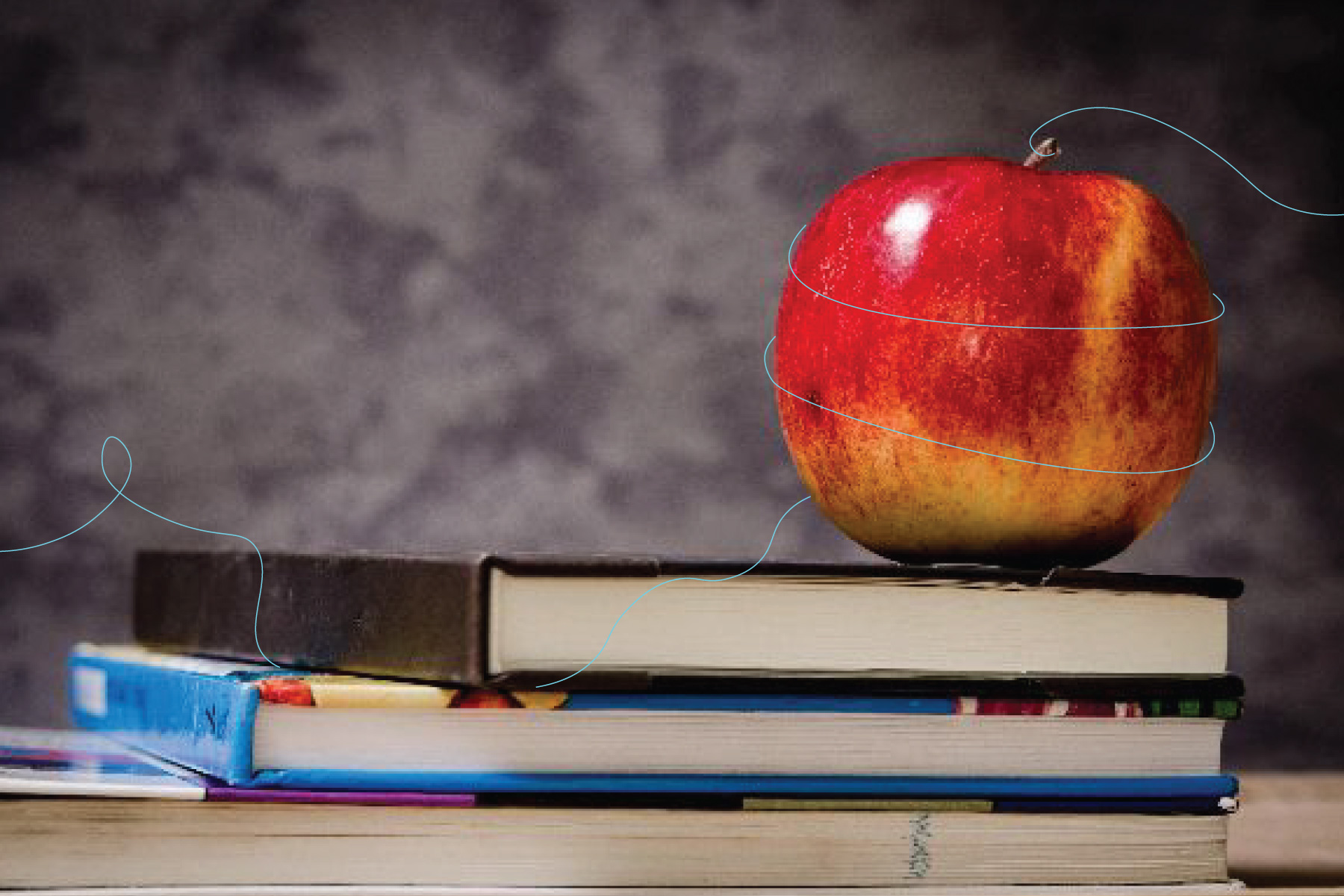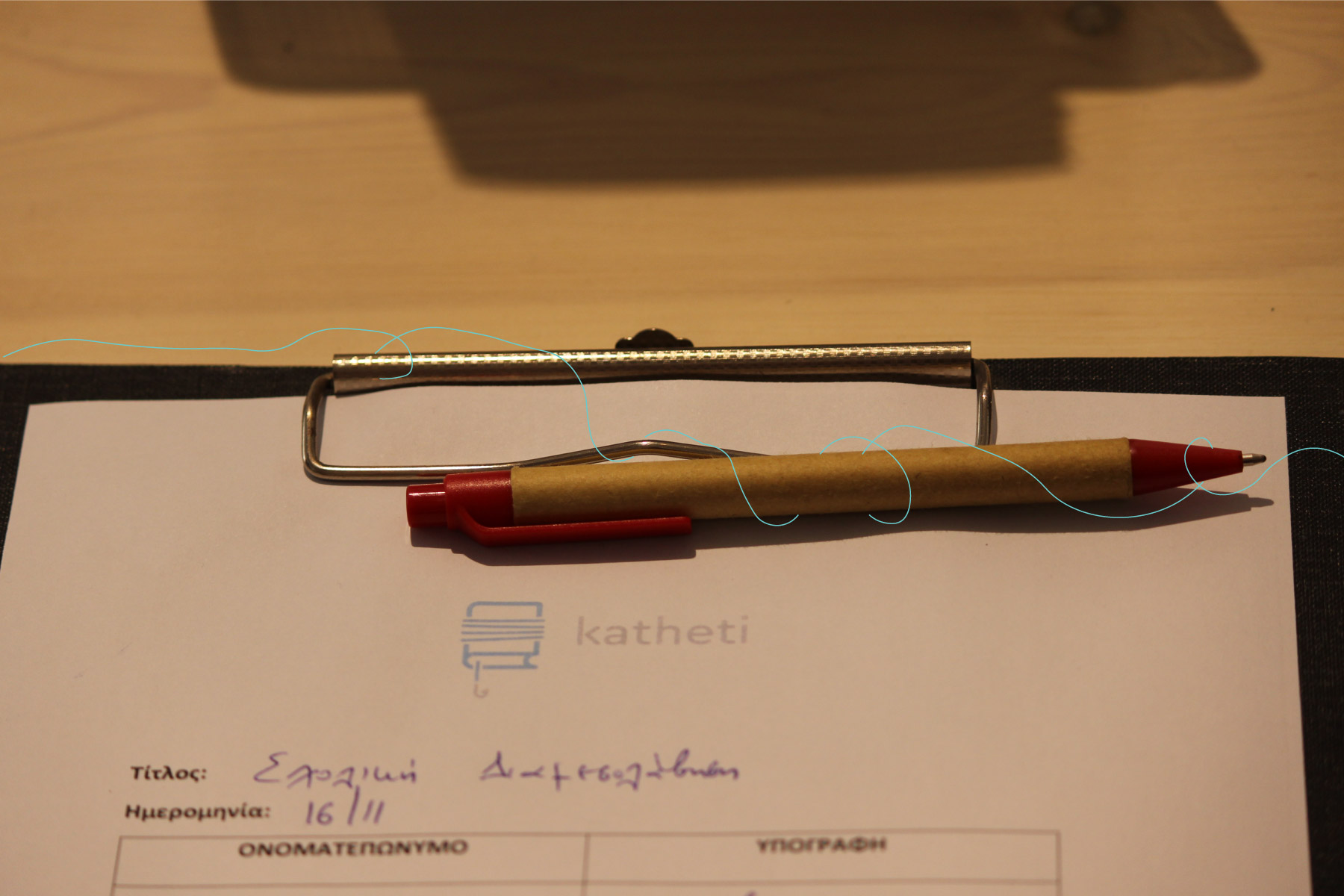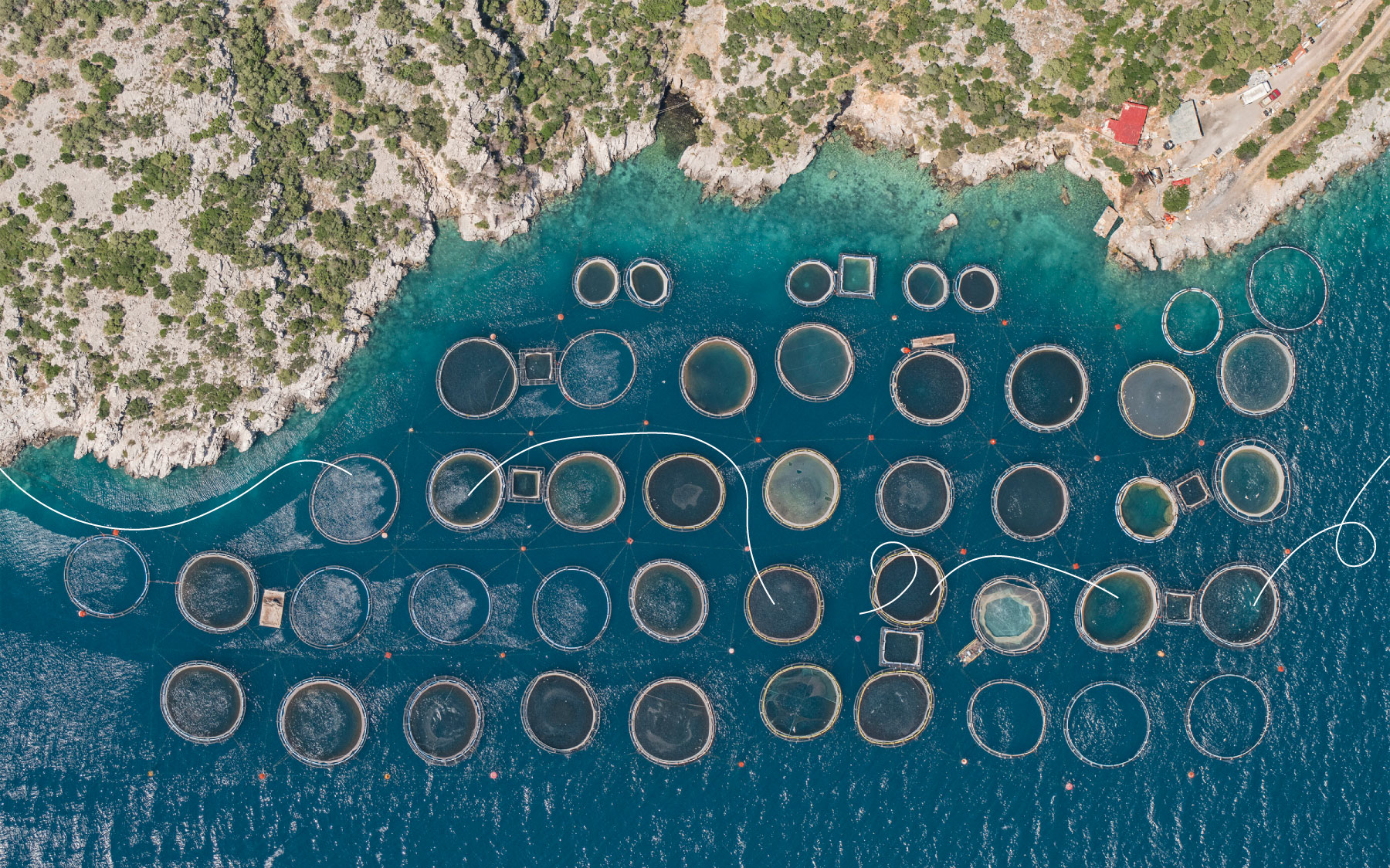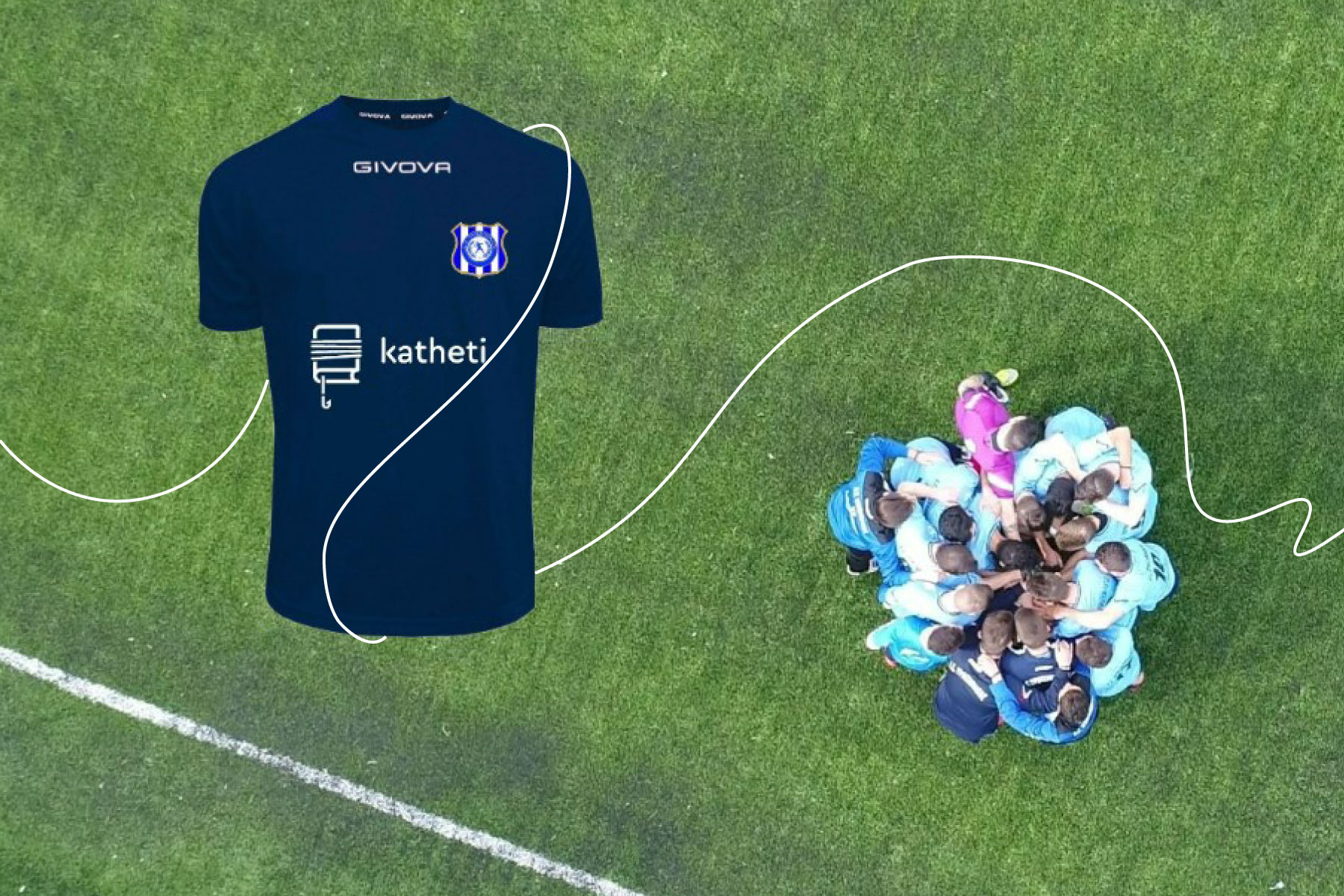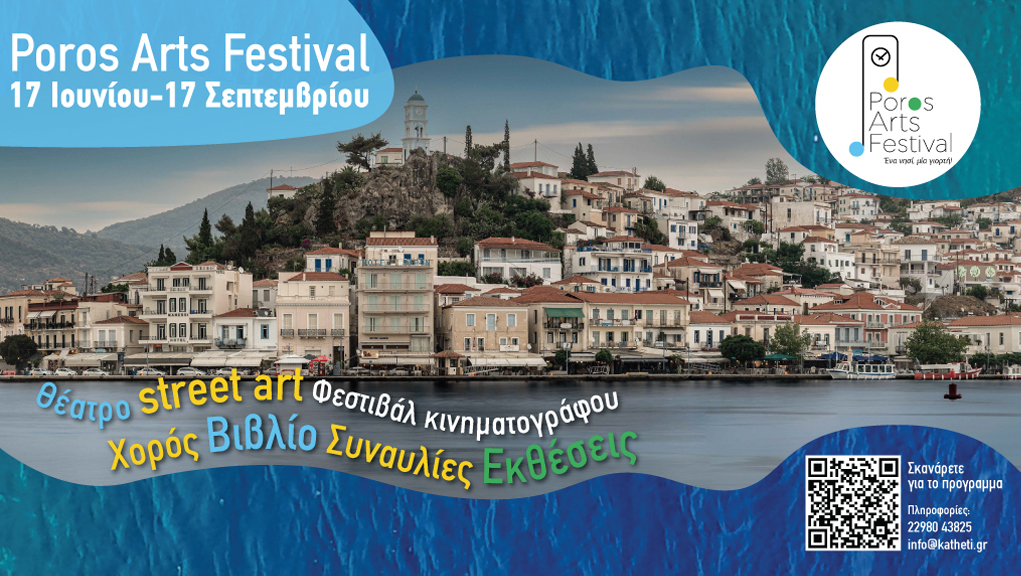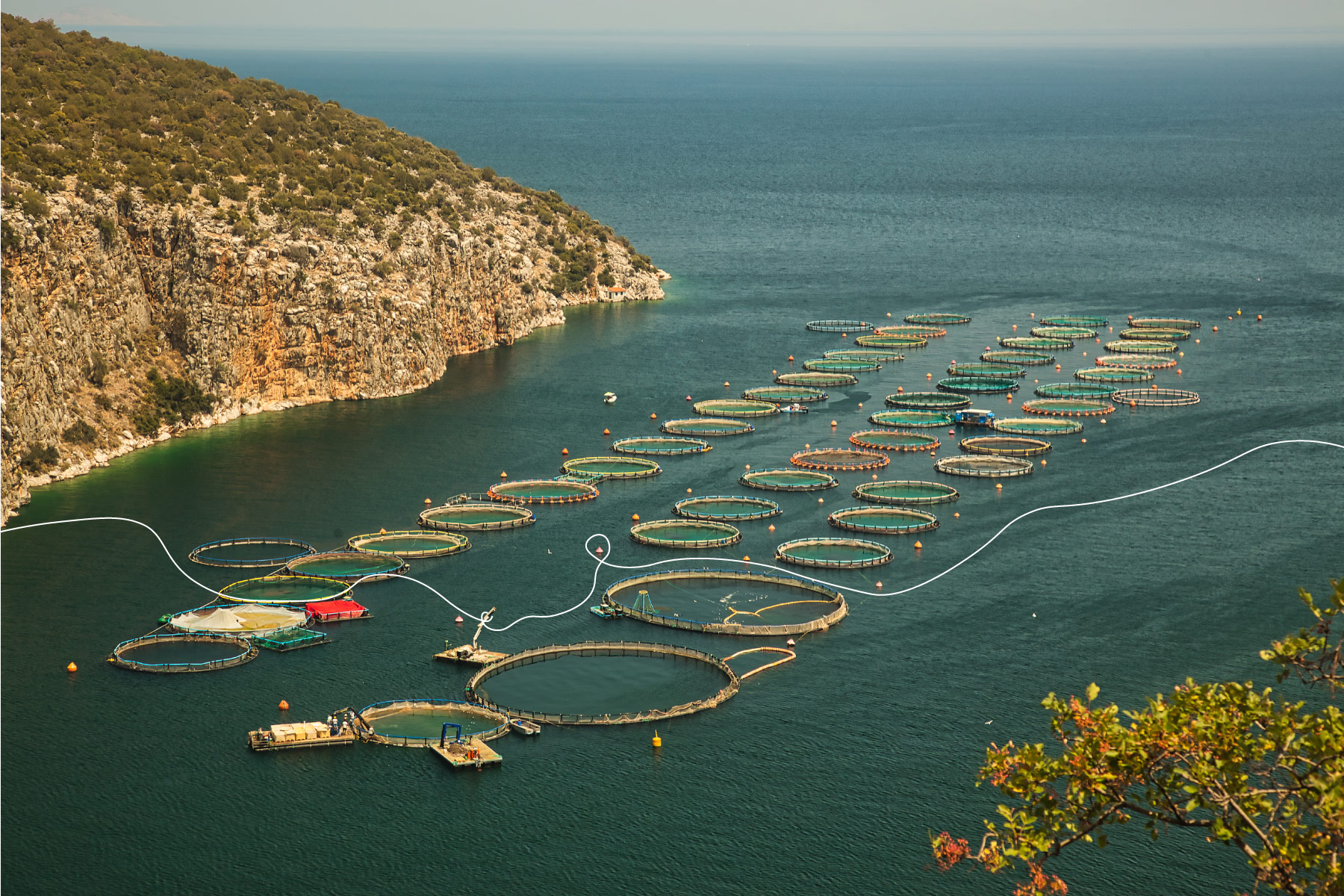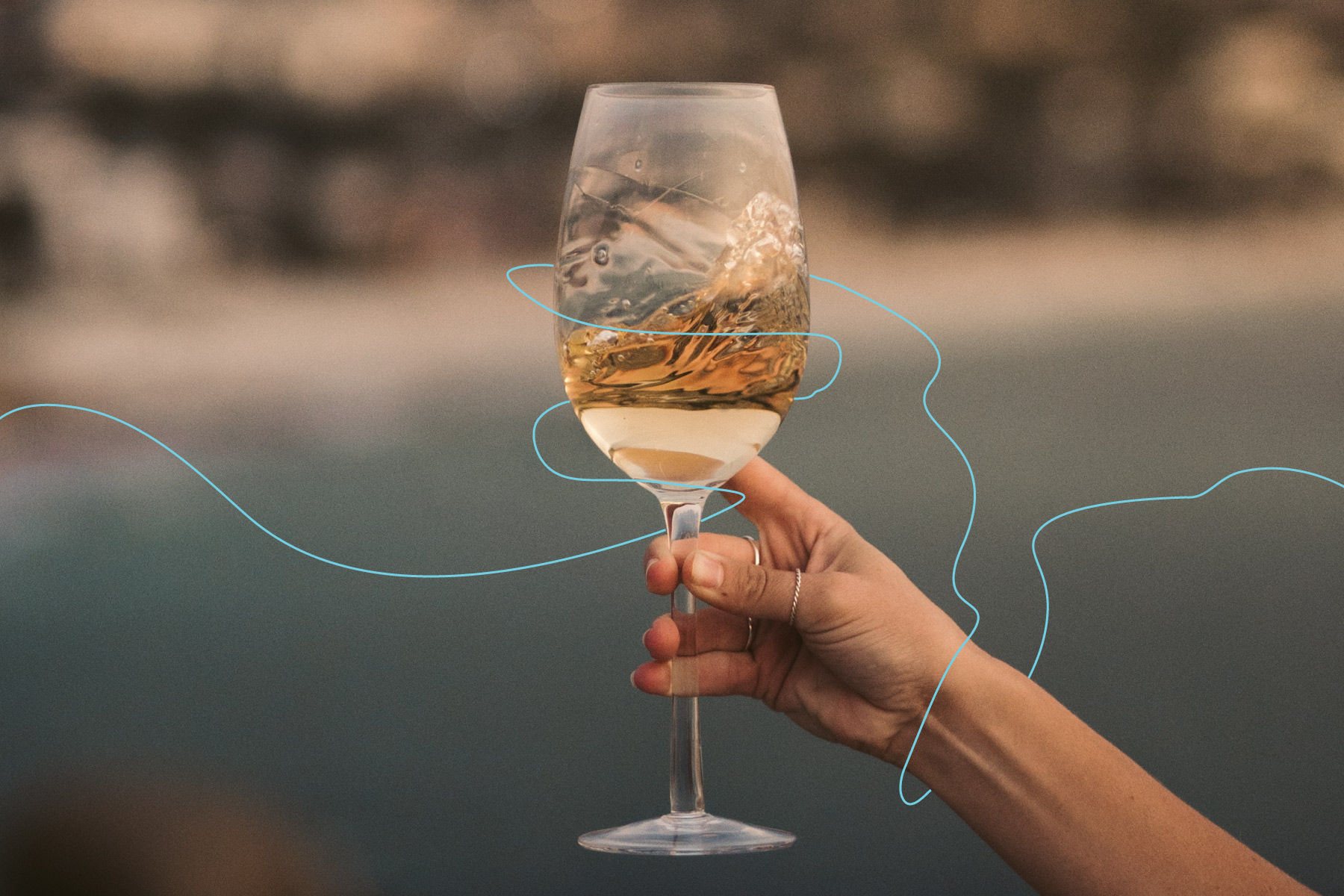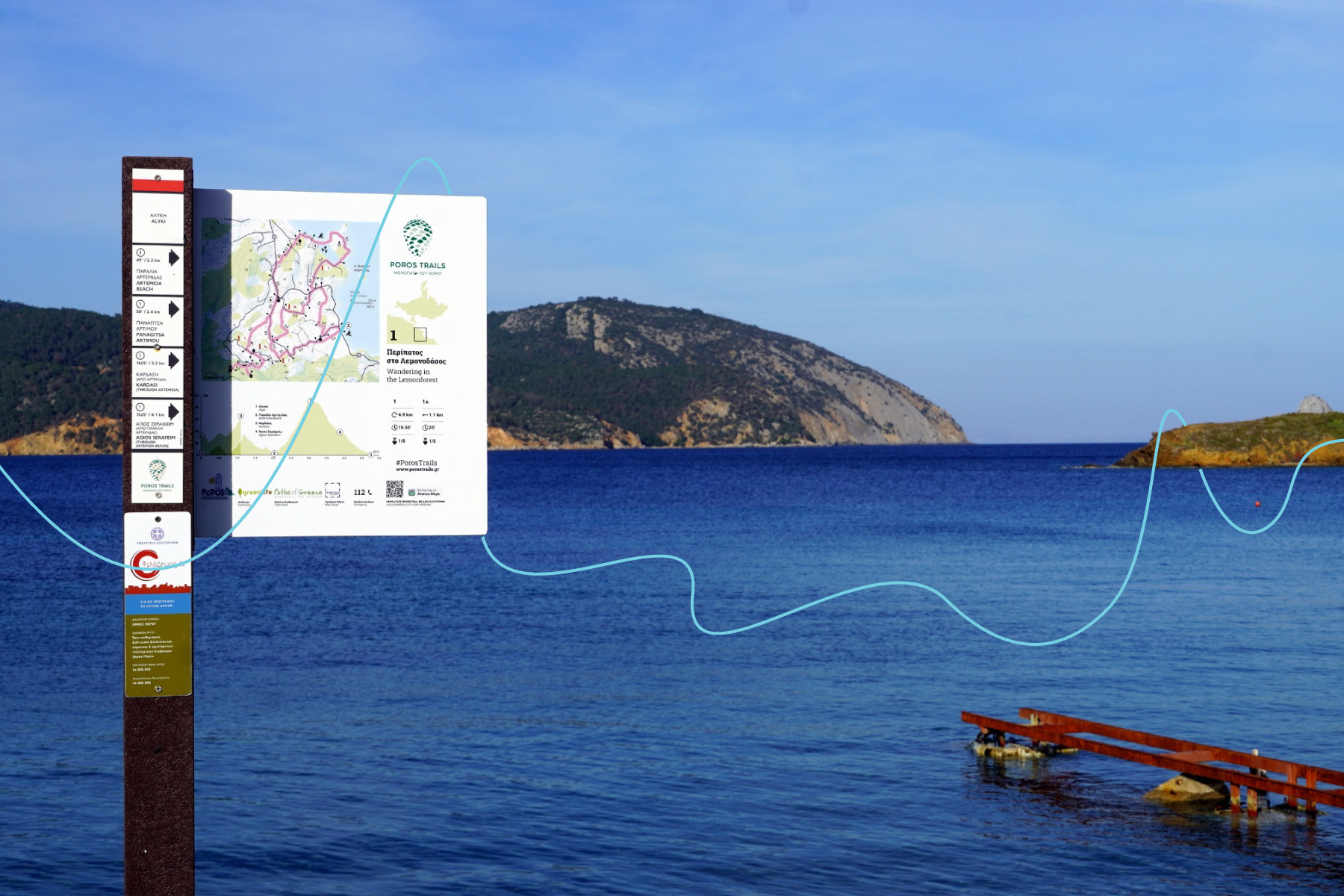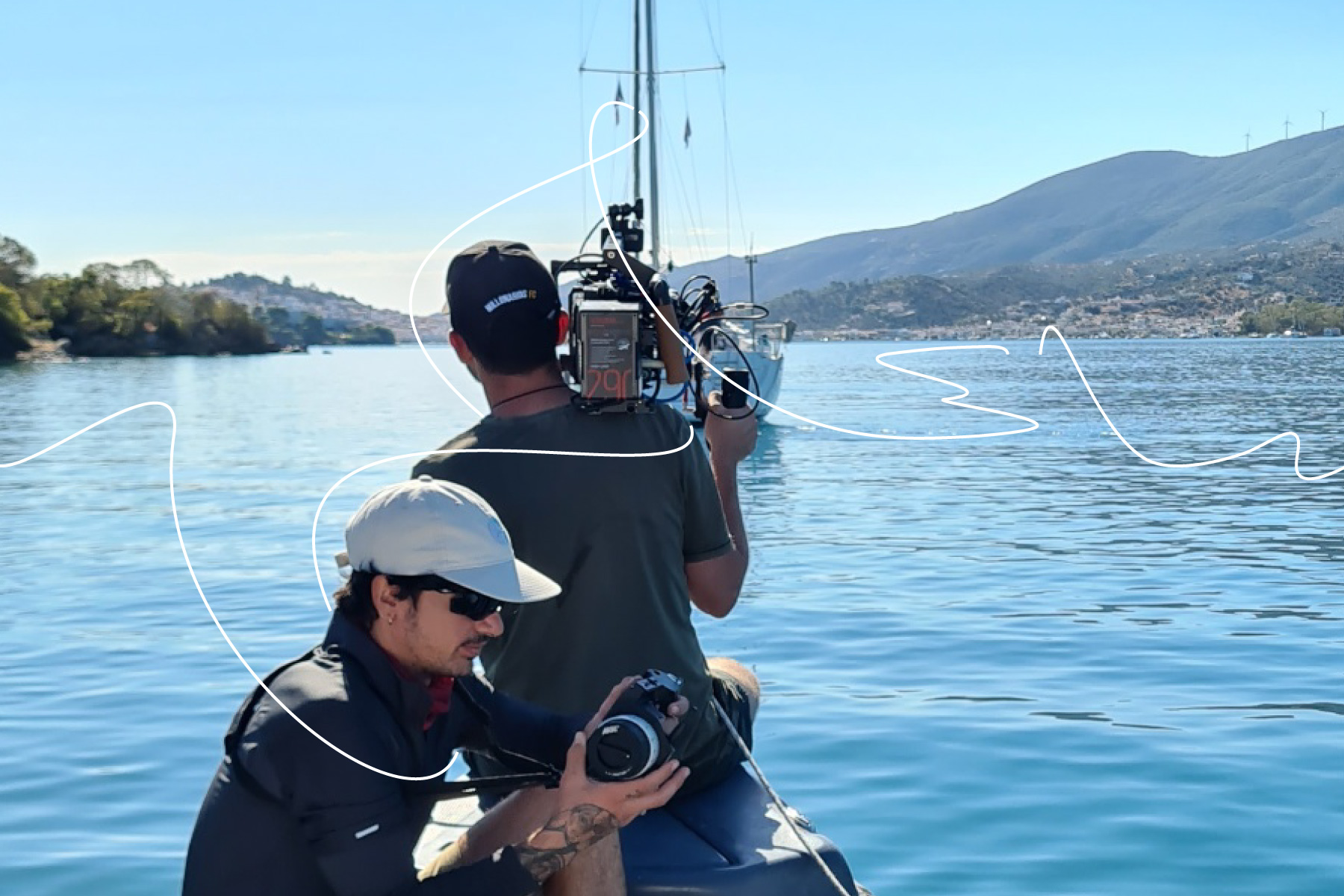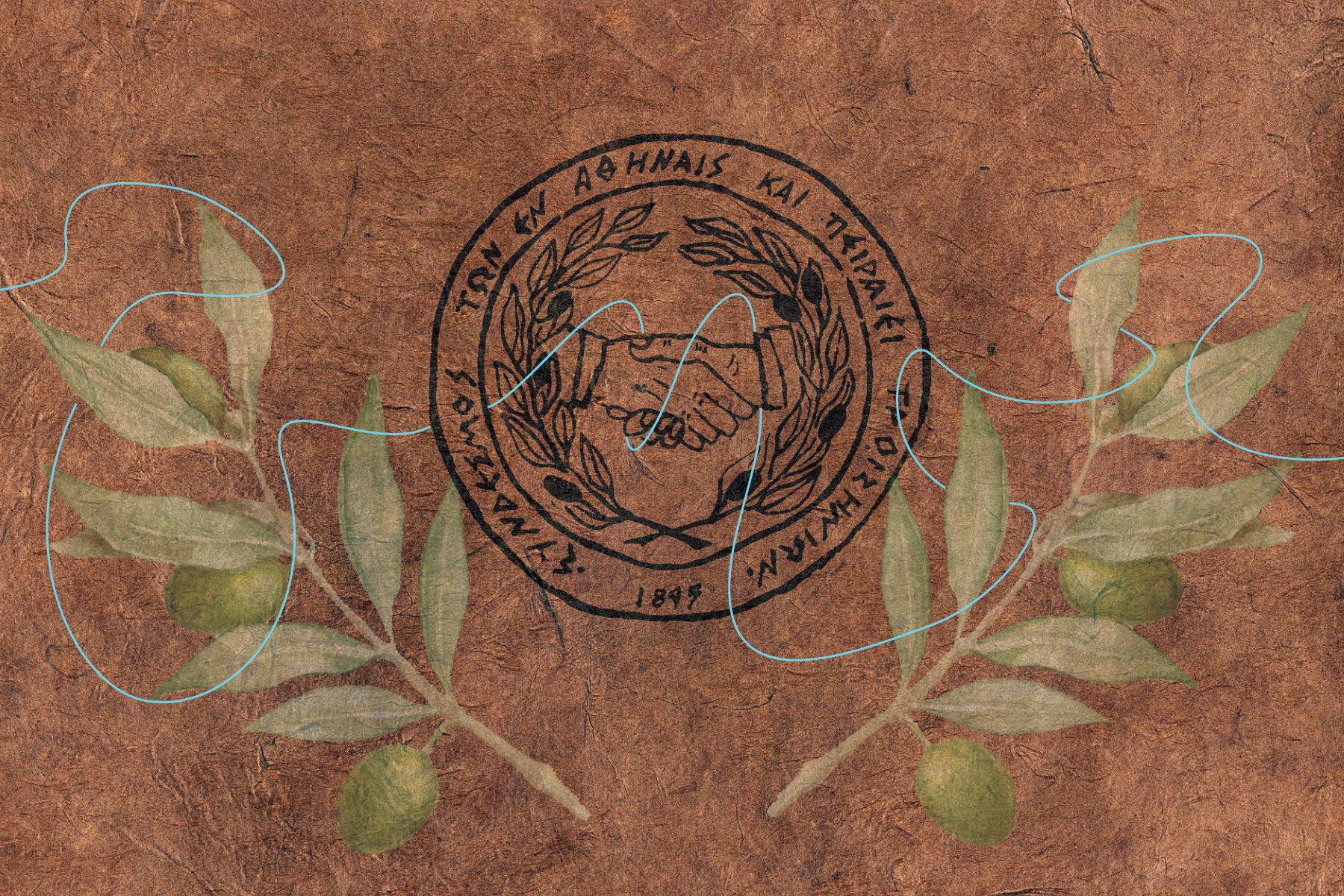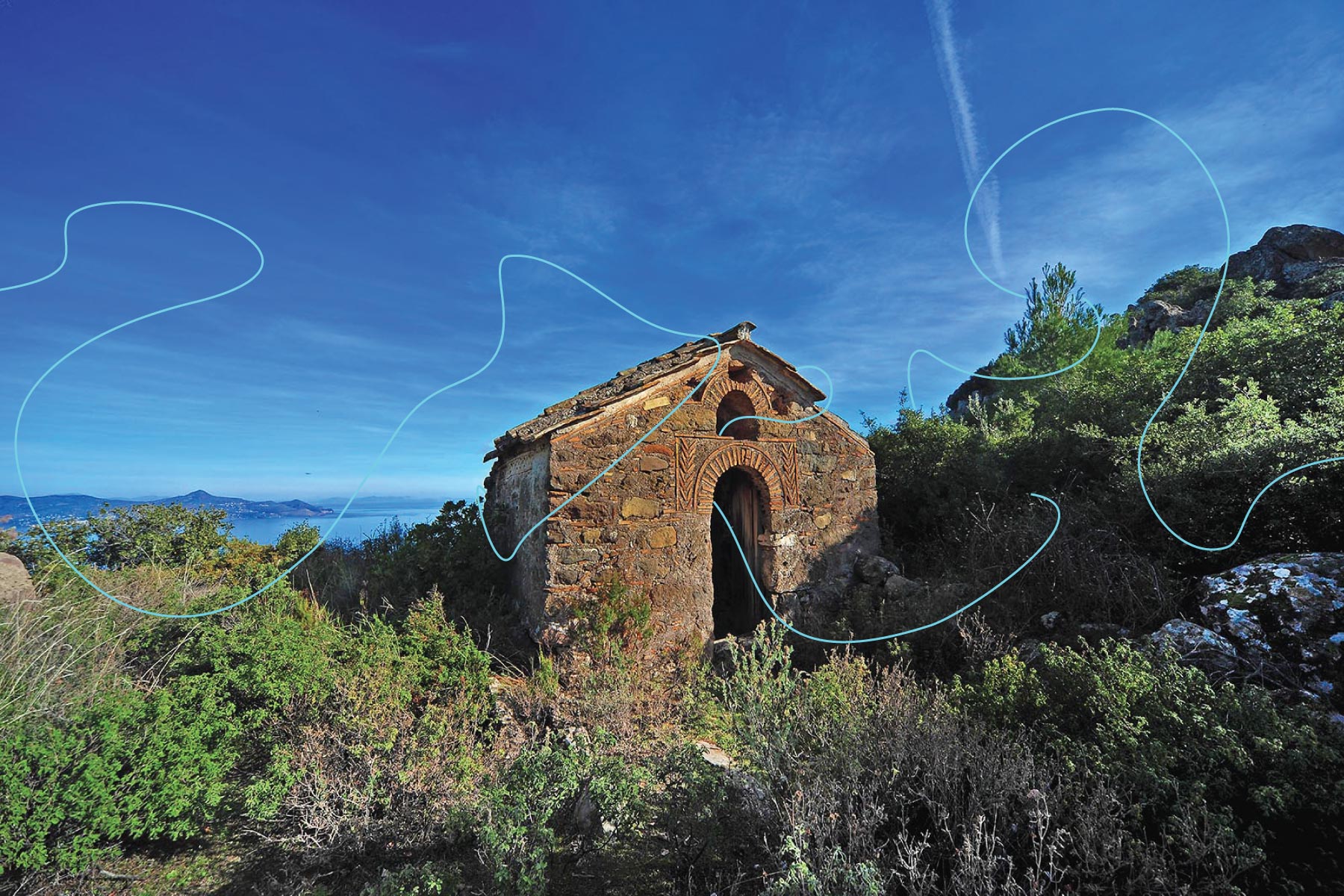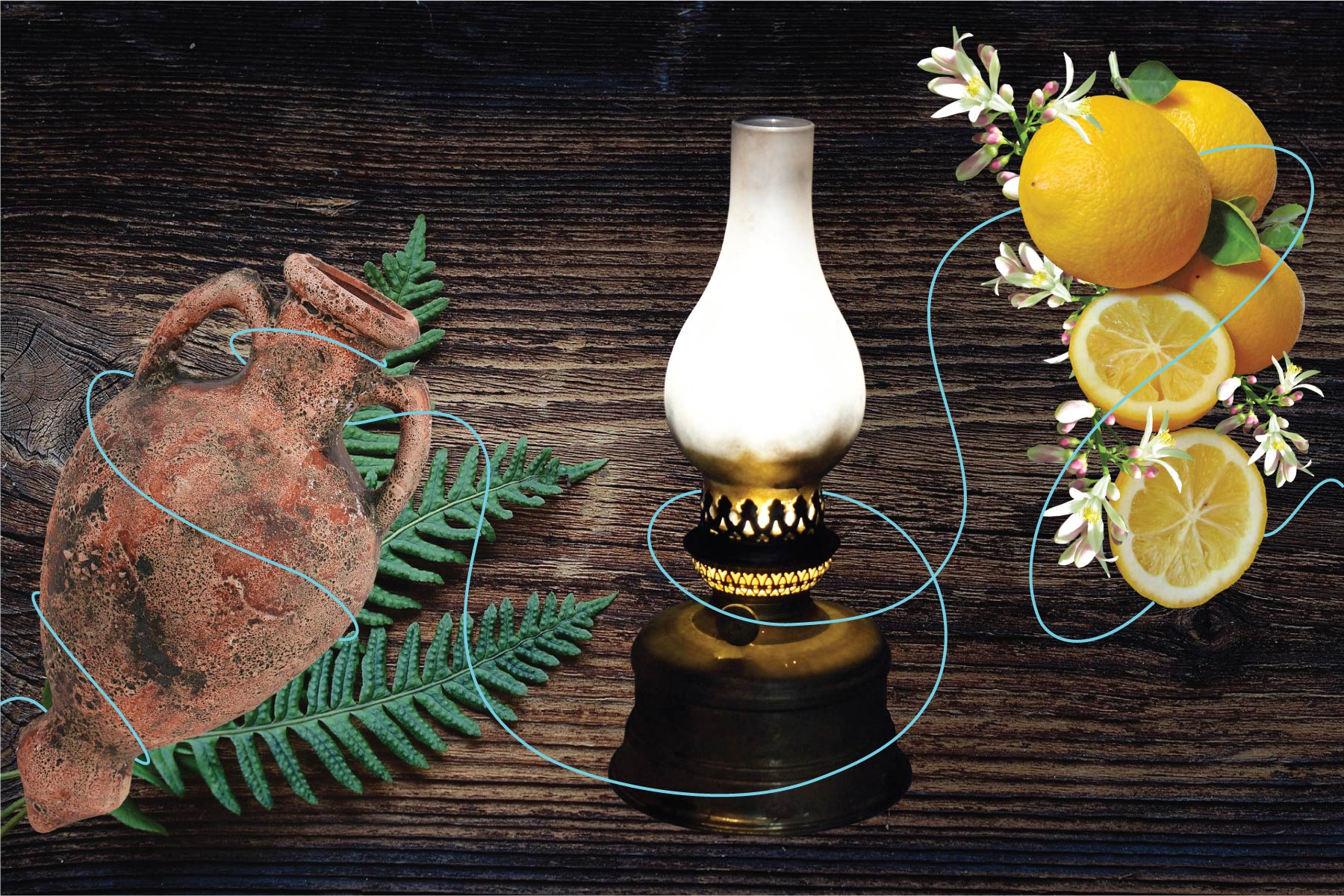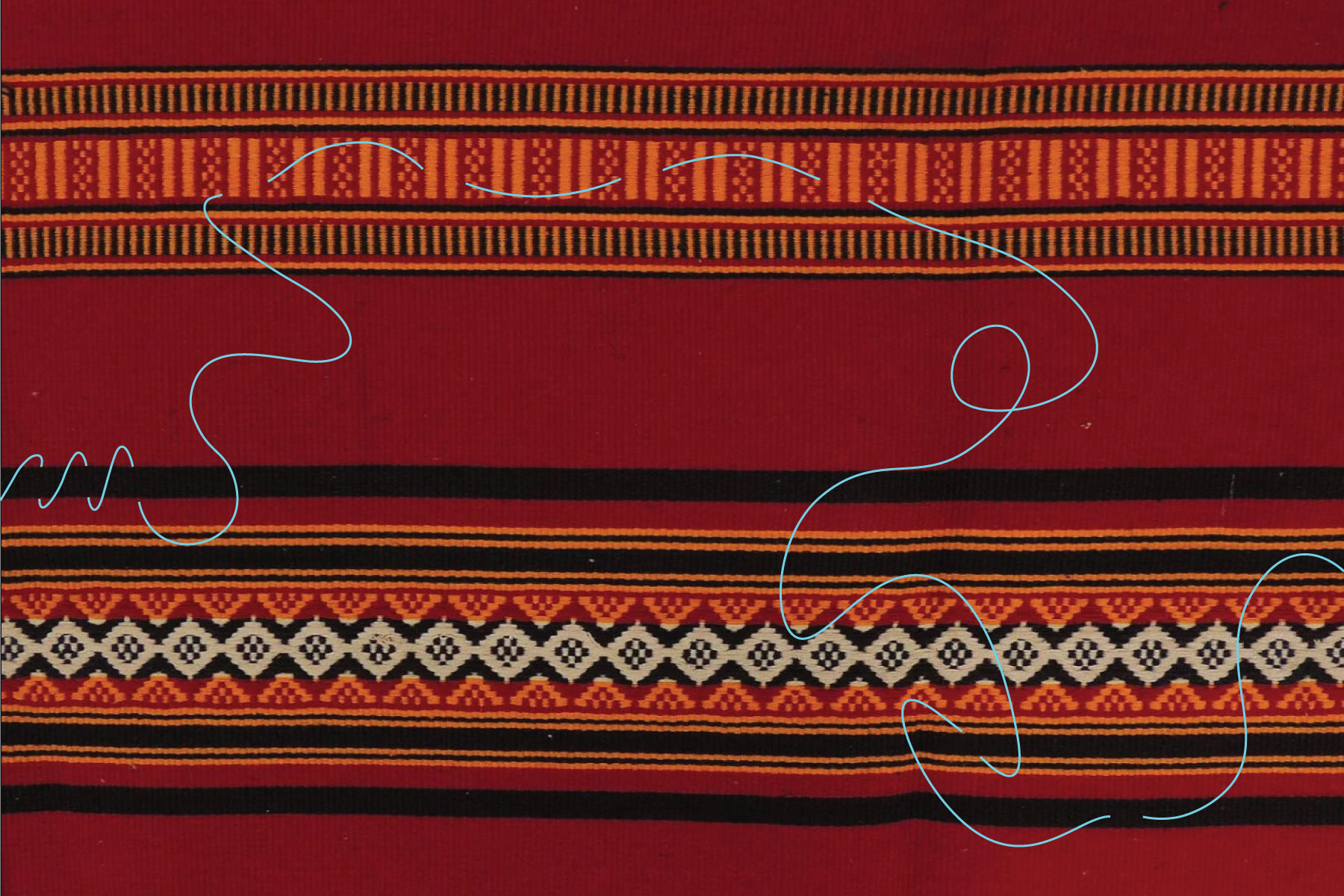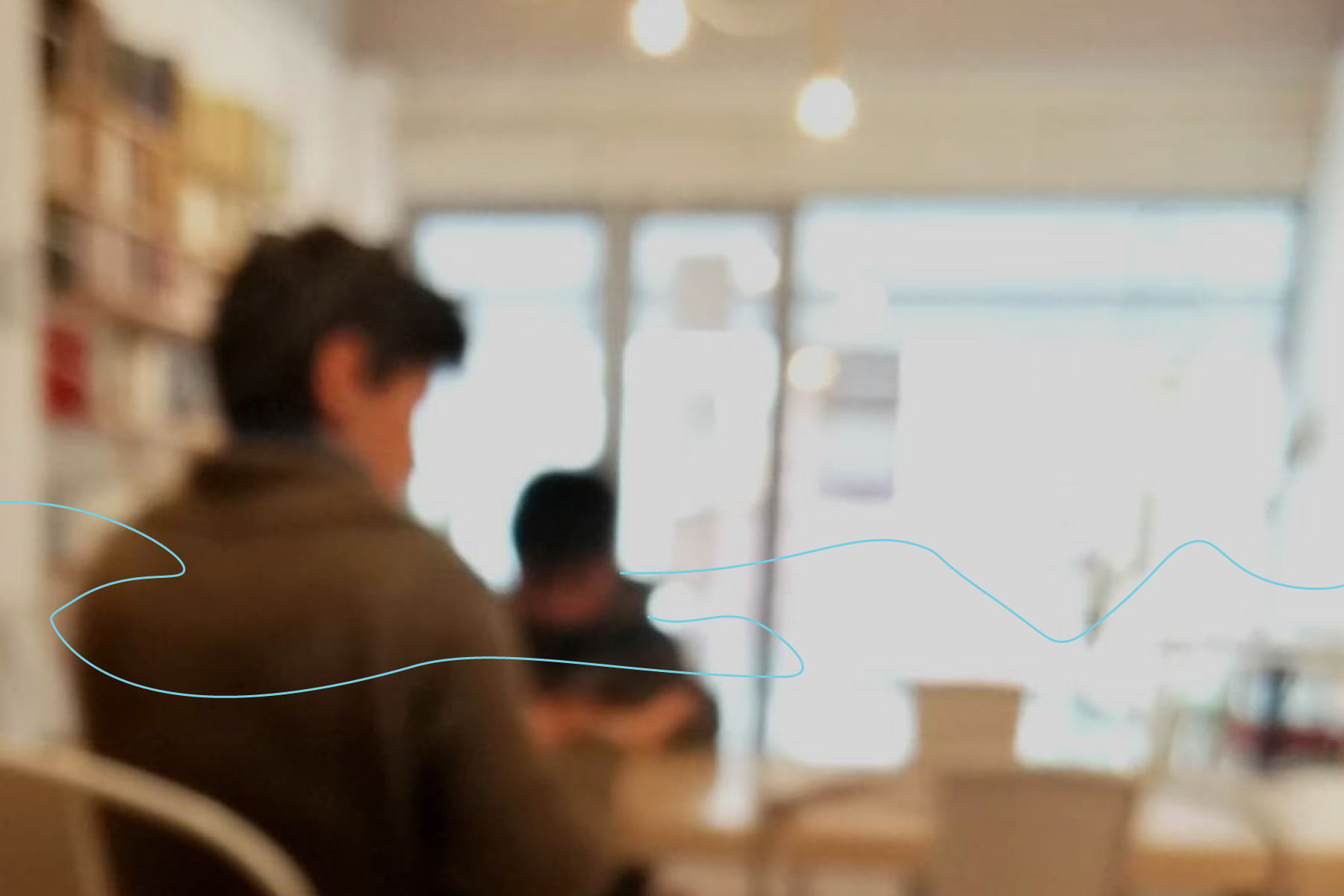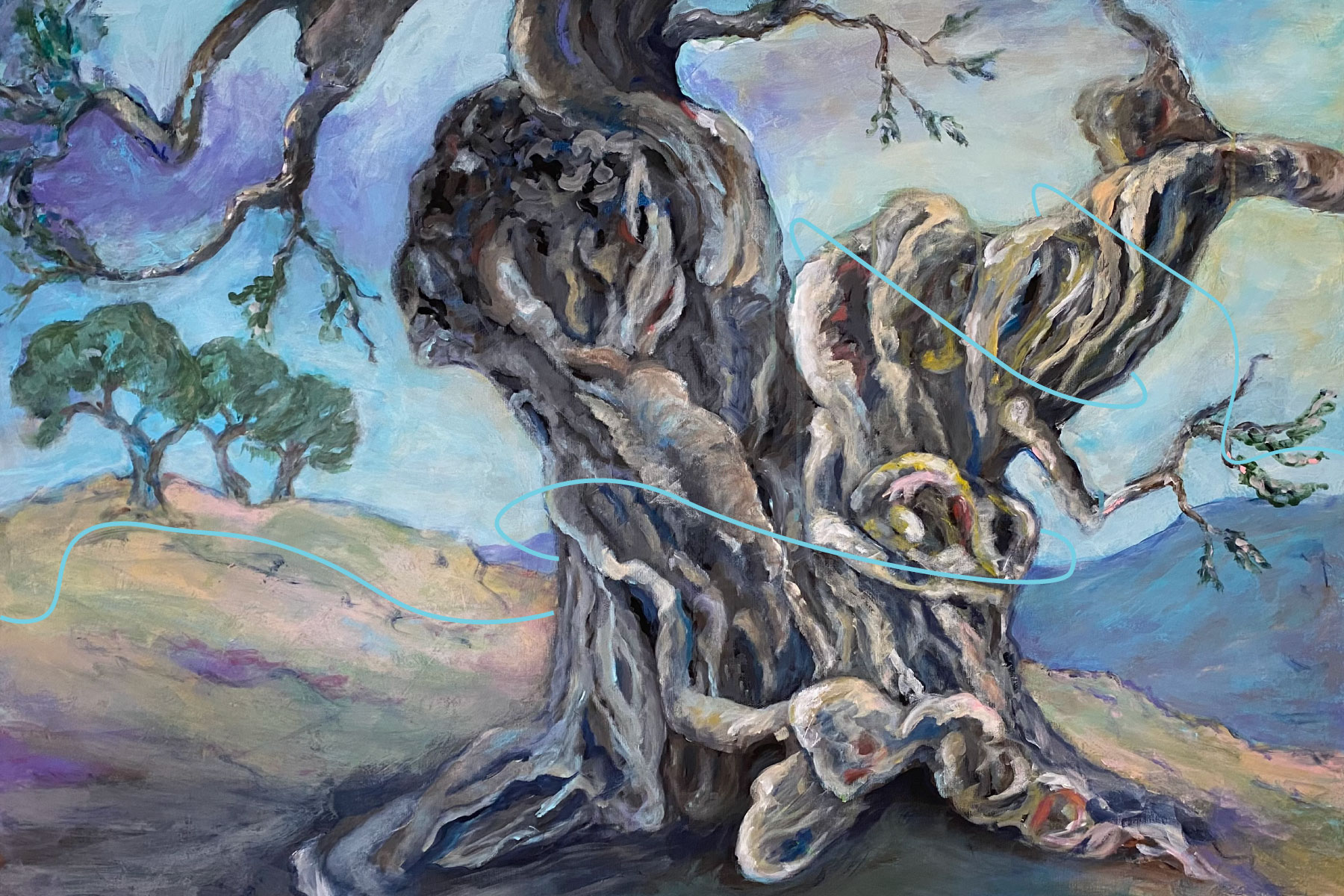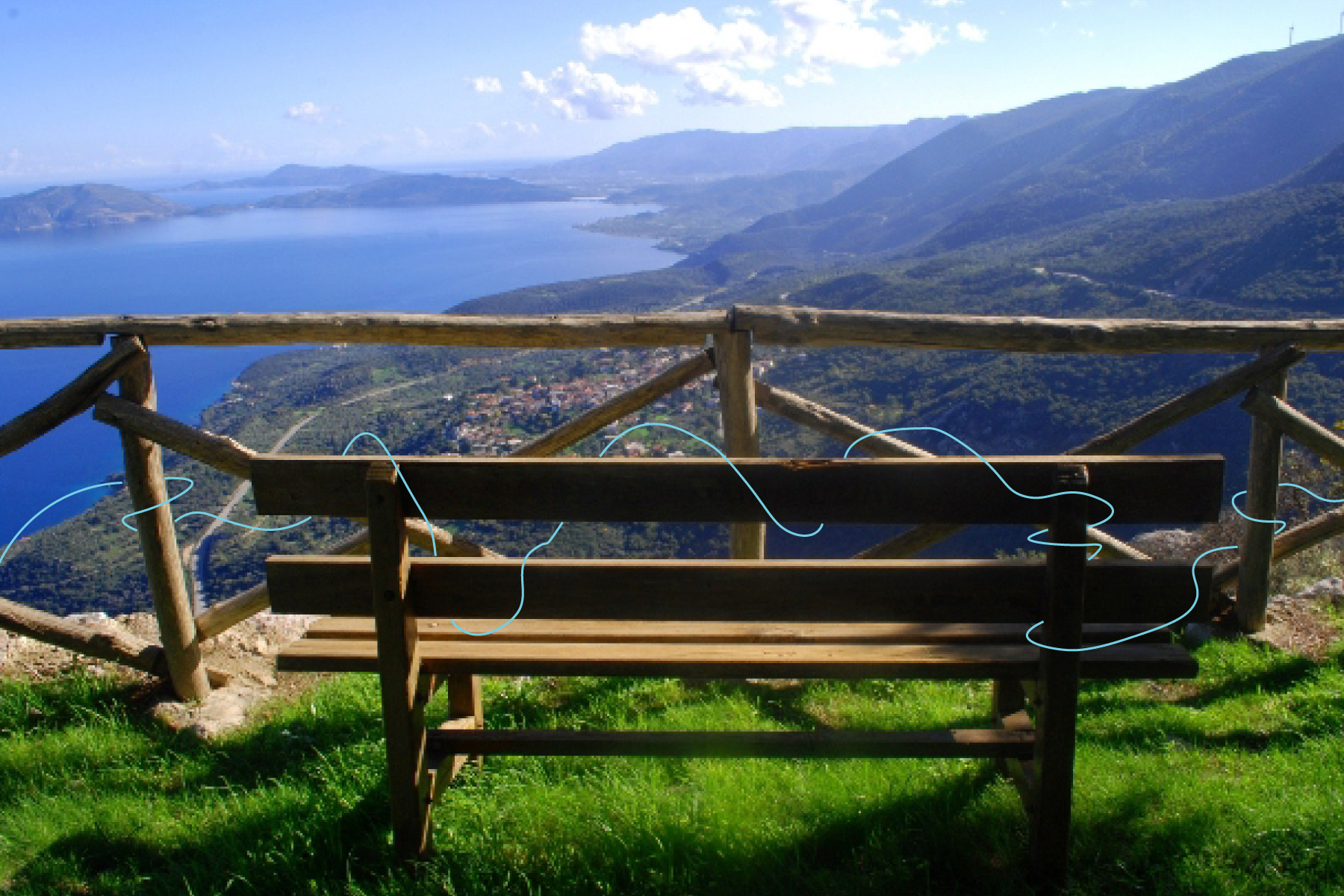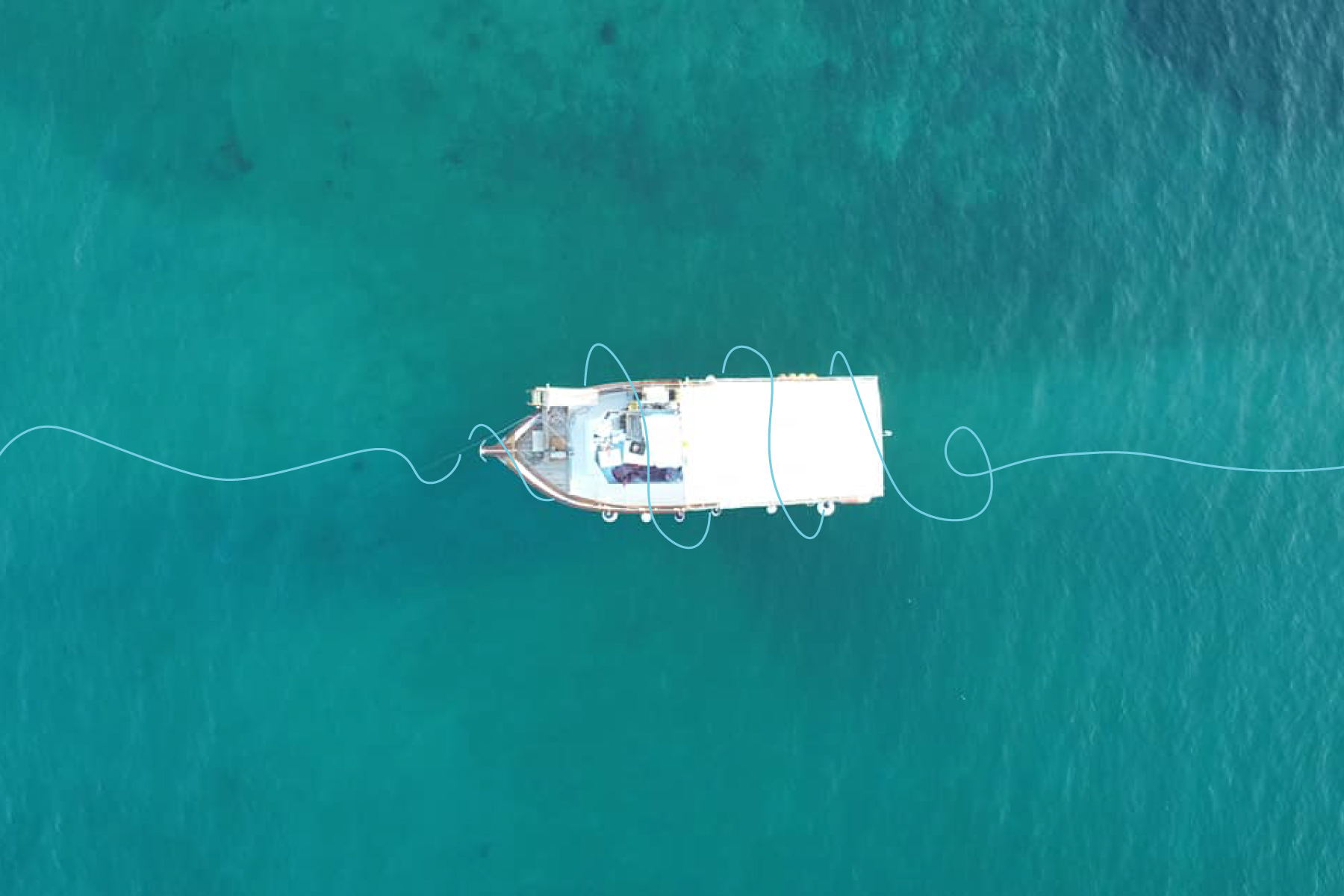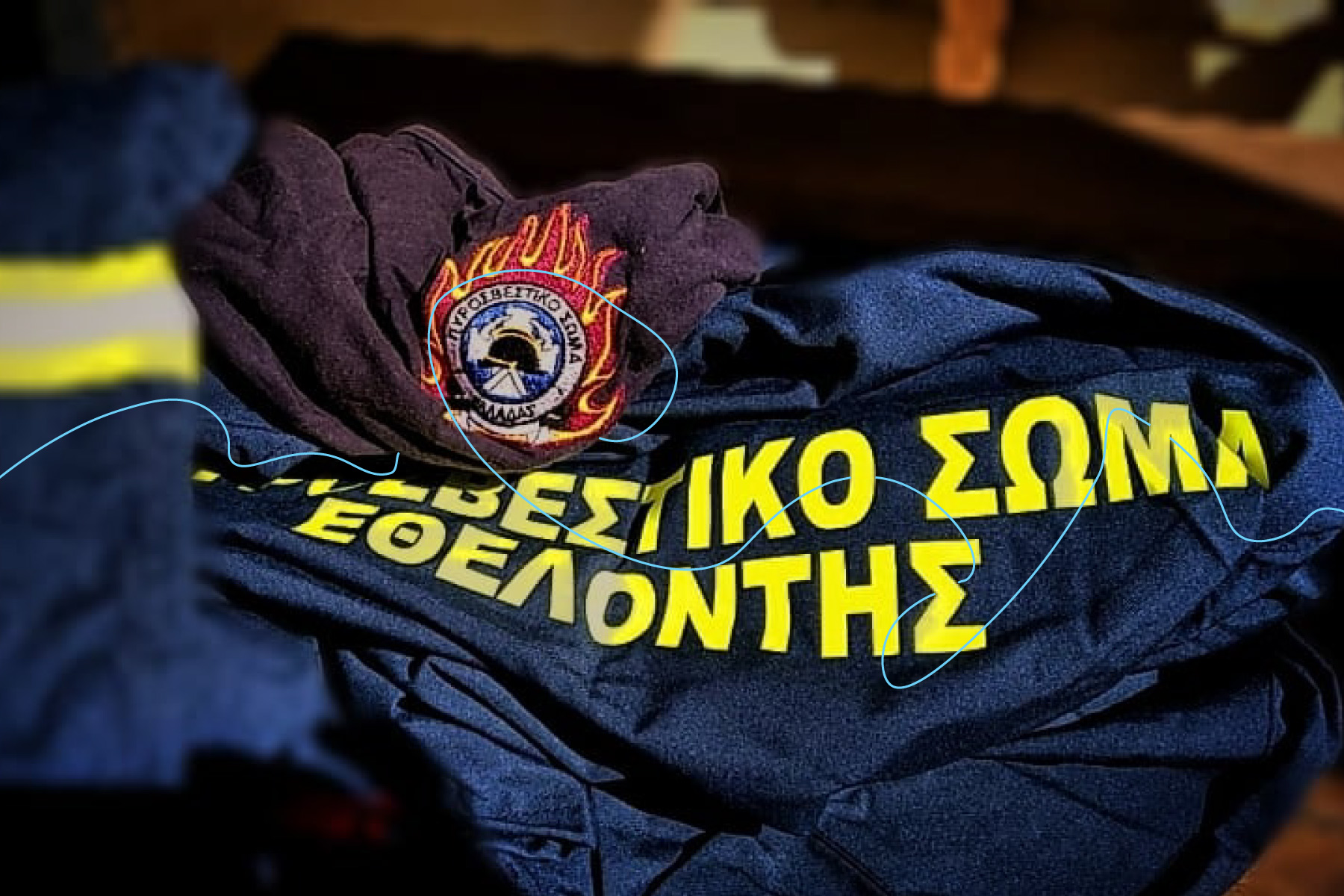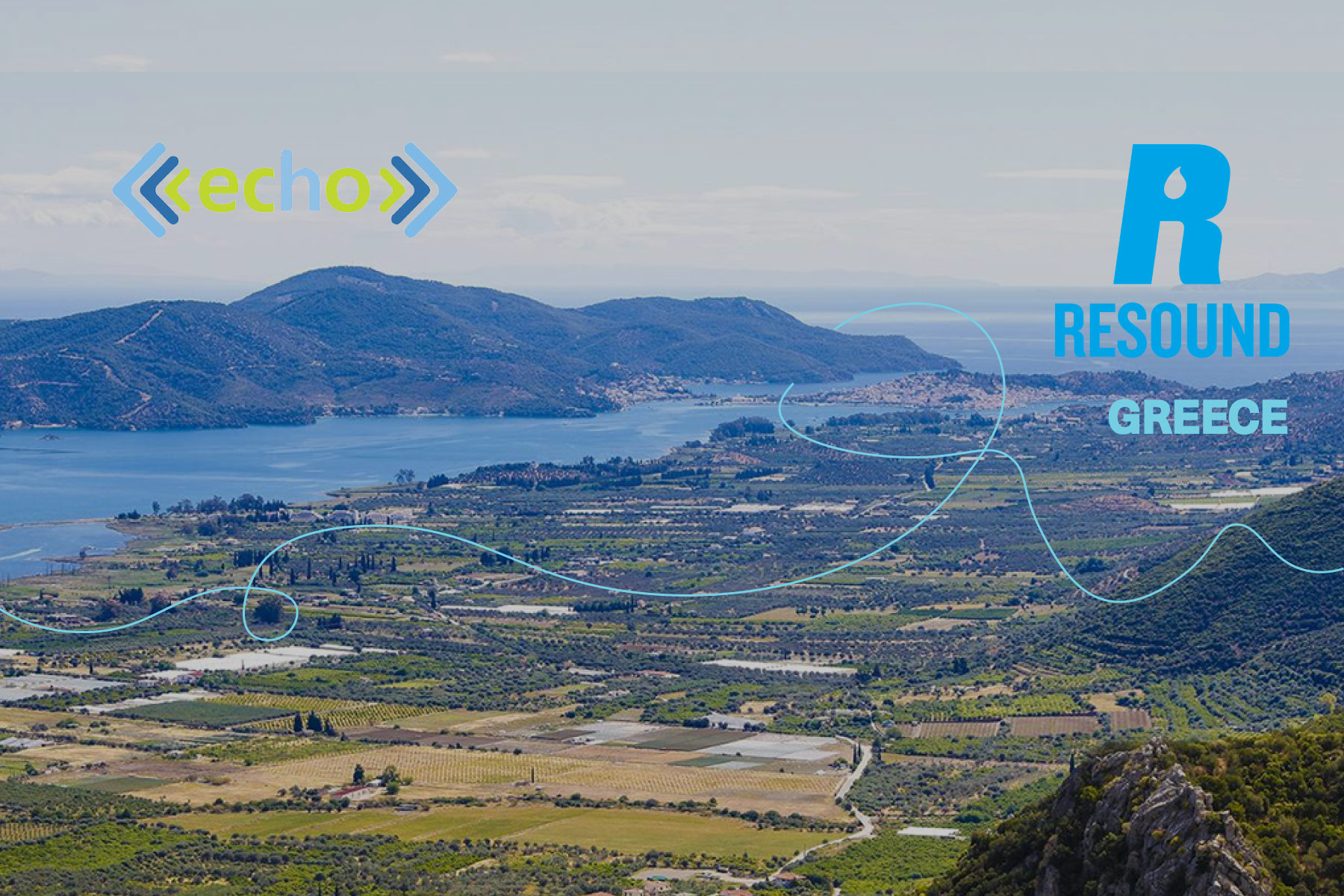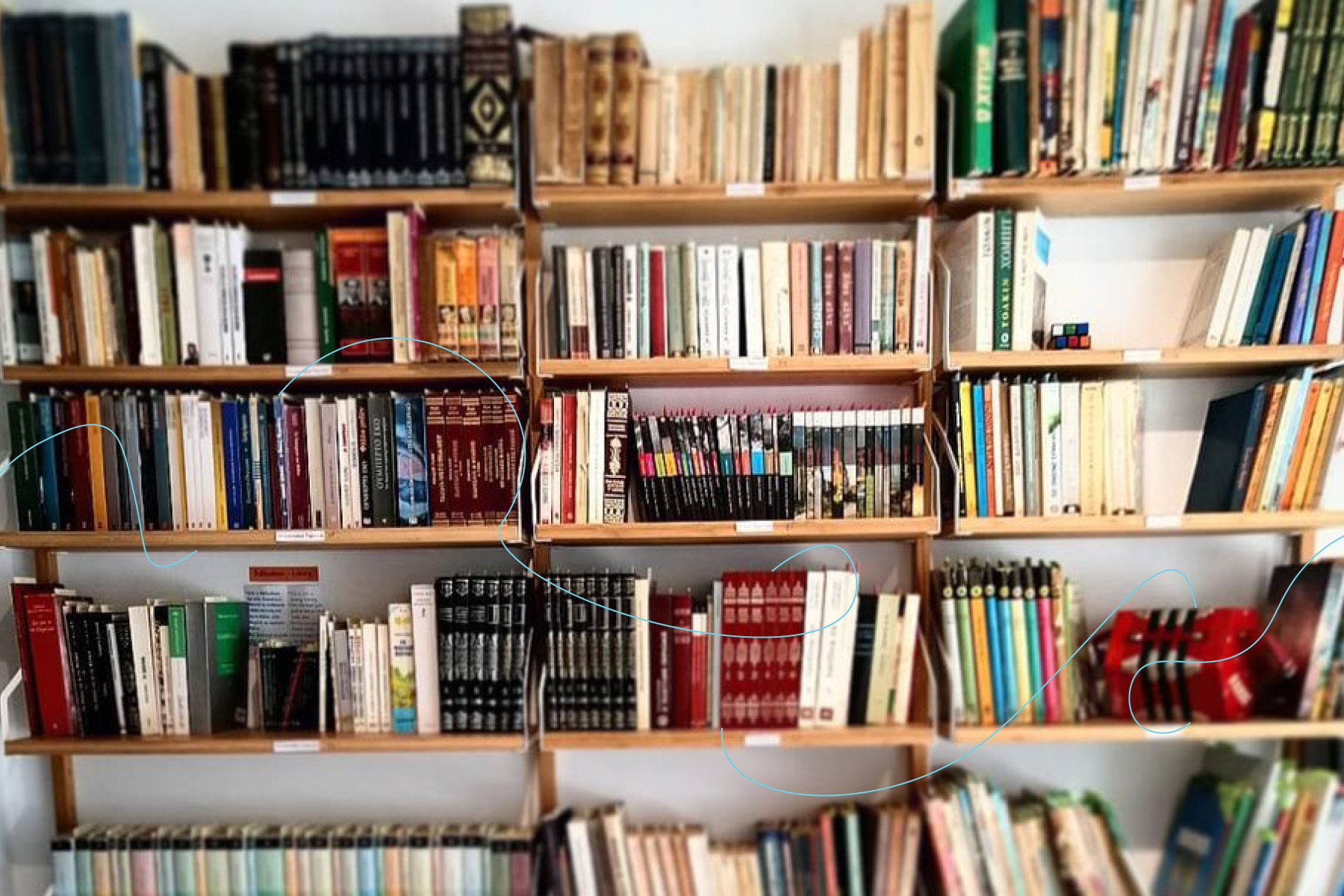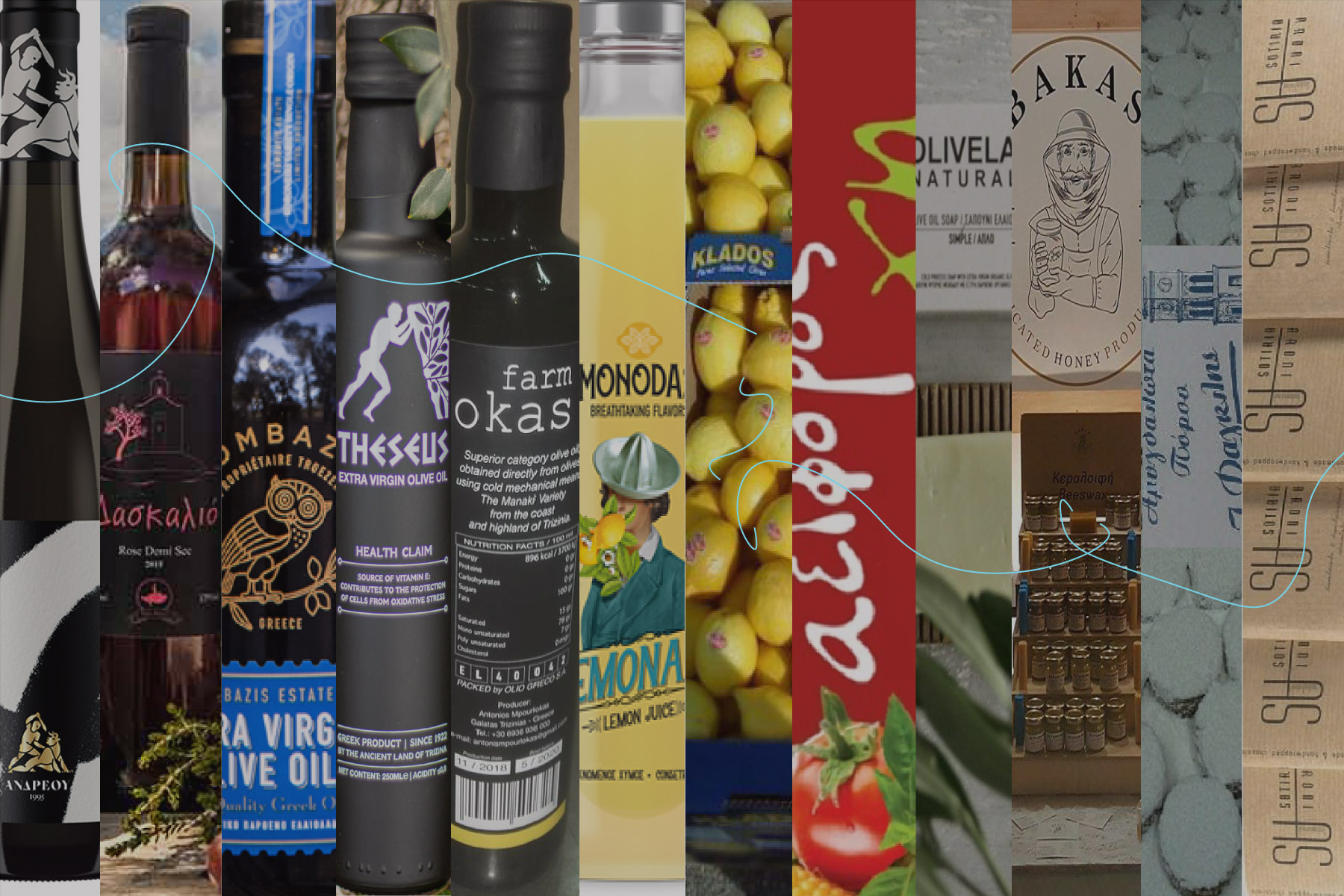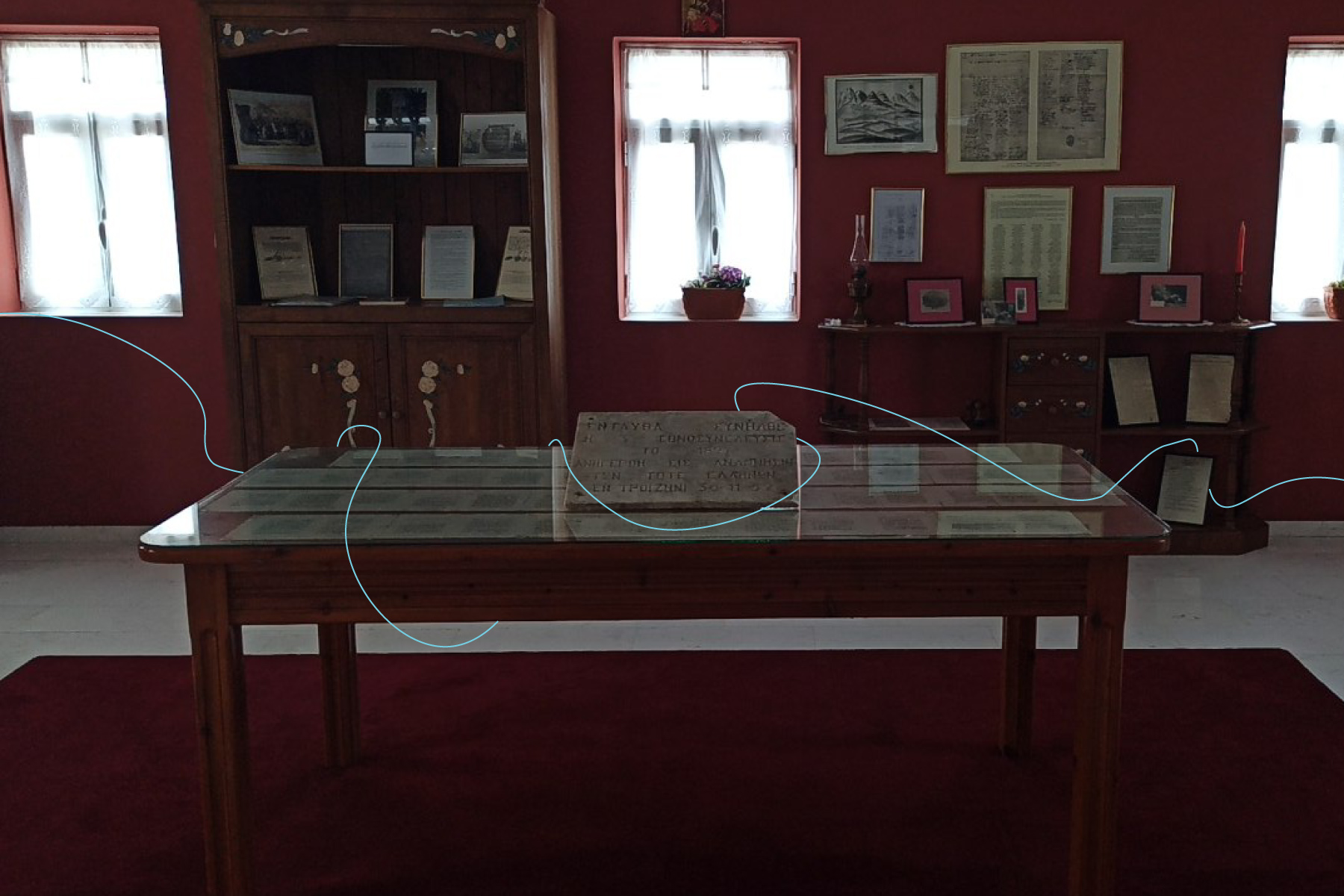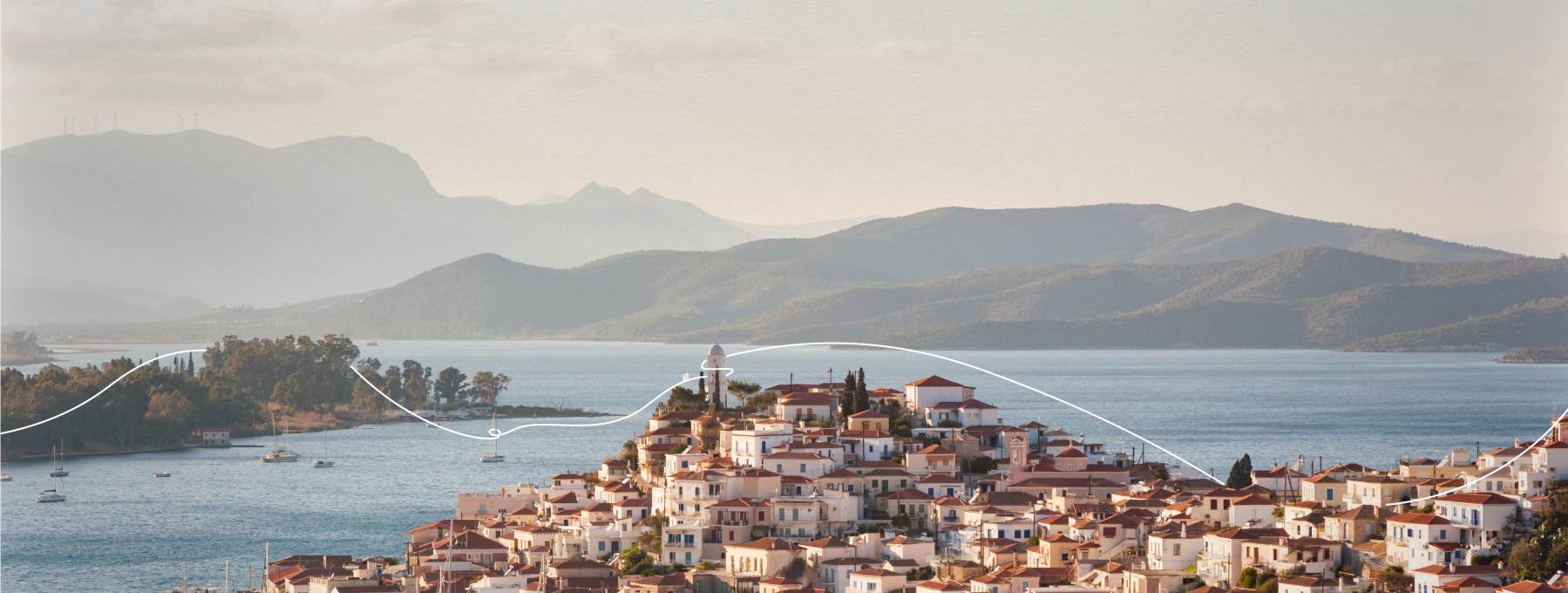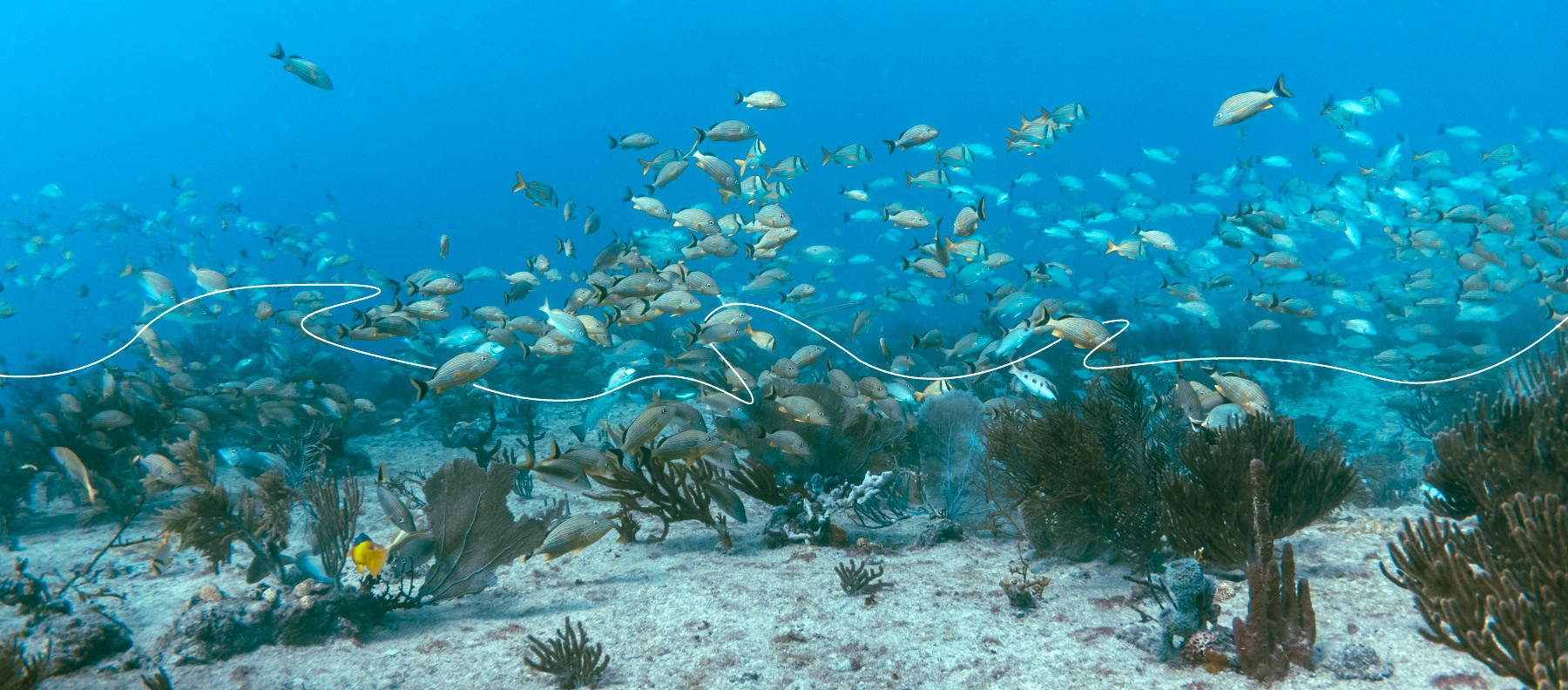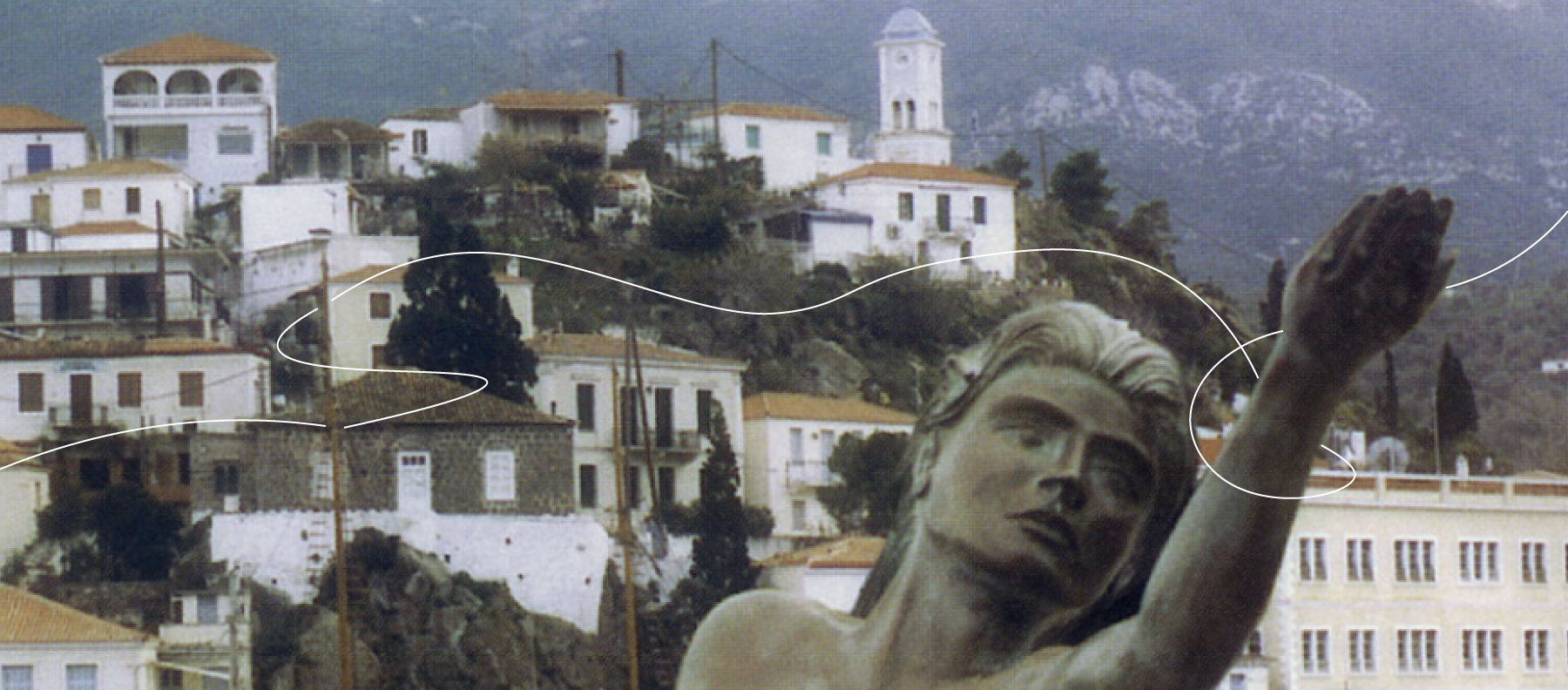Education in the local area
Junior high school is a milestone for teens, as after graduating they have to decide how to further their studies, by choosing to study either at a general education or vocational education high school. There are various post-junior high school opportunities for students who live in the local area. Apart from the
General High Schools located in Poros and in Galatas, pupils can study at
Galatas Vocational High School (EPAL)1. Also, in Galatas there is also a
School of Special Vocational Education and Training (EEEK)2 for the students who are in need of special education.
There is the opportunity for three-year studies at
Galatas Evening School available to underage or adult workers, to unemployed persons who hold an unemployment card, as well as to housewives who are mothers of underage children and have not yet completed secondary education.
There are no private high schools in the local area; private education is limited to
foreign language centres, like the English language schools run by Tenia Sompa in Galatas and Maria Ntelimara in Poros. What’s more, there are many opportunities for outclass activities, like
sports (see activities organised by
Poros Nautical Club) and
dance (see activities organised by
Galatas Cultural Association). Last but not least, various
educational activities are held for local children during the school term, such as Katheti’s activities (e.g. career orientation workshops, Greek language lessons to immigrant children, Programming lessons) or
Poros Crafts Festival, gymnastics shows on Poros and the
Theseus-Thanasis Mougios International Football Tournament.
Based on the above, one could say that everybody’s needs are met. However, is that true? Children who are more into
music or
art do not have access to public art or music schools, neither to conservatoires nor drawing lessons (unless they travel to Athens or Nafplio), a fact noted by both Mrs. Vasso Kogioni, head teacher at Poros Junior High School and Mrs. Maria Staikou, head teacher at Galatas High School. Specifically, Mrs. Staikou explains that even though the curriculum provided by the ministry meets all students’ needs and although Galatas High School is staffed with professors of all specialties, there are only a couple of teaching hours dedicated to some subjects such as music; thus, it cannot be claimed that a child can learn how to play a musical instrument at school. Moreover, there are not enough cultural opportunities for youth who live in the local area, e.g. drama groups.
It is a fact that
there is not a large variety of extracurricular activities, especially when it comes to teenagers who are not keen on sports, for example debate clubs or creative workshops (pottery, jewellery making classes). Mrs. Rea Kolentzou, head teacher at Poros Senior High School, states that she believes the biggest gap in the education provided to children and teenagers in the local area is the lack of career orientation programmes. Mrs. Kogioni also notes the need for activities related to computer science.
The pursuit of certificates and skills
The free time children and teens have is a hot topic of discussion; it sounds like a paradox, but
although the distances one has to cross are short, children’s leisure time is limited. How is this possible?
Mrs. Kolentzou states that based on her own experience, she has noticed that students turn to cram schools and private lessons in order to enrich their knowledge – and this applies even to students of Year 1. This certainly affects their free time. Moreover, Mrs. Kolentzou notes that “children believe that something you pay holds a certain value. Therefore, they often spend more time doing homework for their cram school and they prefer to avoid doing their school homework.” According to Mrs. Maria Pateraki, deputy head teacher at Galatas Junior High School, “many kids turn to cram schools and one-to-one lessons. If one is in need of and/or has foreign language, Math and Modern Greek classes, their free time is immediately restricted noticeably.” Mrs. Kogioni has observed that in Poros Junior High School, students avoid enrolling to cram schools to the same extent as in the past due to financial reasons; however, excellent students have less free time and suffer more from stress.
Mr. Ectoras Loukas, head teacher at EPAL Galatas mentions that students who wish to succeed in their exams have lessons at cram schools and this is probably helpful to them. Furthermore, Mr. Loukas says that half of the students at EPAL Galatas come from other areas, such as Epidavros and Kranidi: “These kids wake up too early, they take a 6.30 bus to be at school on time and they go back home at 15.30. They are kids who do not have that much of a free time.”
Work skills 2030
The world is changing and so do the labour market requirements. The skills the employees should have will have changed a lot by 2030 according to relevant research (read more
here and
here). Hard skills which are essential for manual labour or basic numerical and data processing skills needed for salespeople and secretaries are not going to suffice any more. Automation and technological advance will lead to a demand for employees who have
problem-solving and critical thinking skills, emotional intelligence, leadership, and creative skills3.
It is not a matter of certifications and degrees anymore; instead, the focus is on specific skills developed through lifelong learning and extracurricular activities. The usual set of skills no longer seems to be enough. It is worth considering the admission criteria in universities abroad, as well as the stance businesses have towards the candidates they hire; academic qualifications are valued, but volunteering, having joined group activities and hobbies are of equal importance, as they can prove that an employee can act as a team leader and make decisions (think of a camp team leader), negotiate (like a debate club member) or understand others and provide them with certain services, like a volunteer who has communicated with several people would do. Other skills, such as critical thinking, the ability to undertake responsibility, active listening, and project management skills are developed from a young age by taking part in group outclass activities.
The preferences of the local students
Taking all the above into account, we should see what are the preferences of the local students, as well as their talents.
What is the most popular academic field?
Mrs. Kolentzou has observed that there is a tendency to think more highly of applied sciences rather than humanities. Many times students believe that applied science subjects are more important and they do not appreciate human studies. “I have personally noticed that few students go into human studies”, says Mrs. Kolentzou, “and those are the kids who wish to be psychologists or work in education when they grow up. Also, maritime studies are popular with the students”. Mrs. Pateraki has similar observations to offer from Galatas Junior High School: “There are specific tendencies towards certain schools and students appear to prefer an applied sciences orientation or a theoretical orientation to their studies, especially when it comes to good students.” Mrs. Staikou confirms that the students in Galatas High School prefer to study applied science or economics instead of humanities and notes that few students prefer health sciences.
At EPAL Galatas, Mr. Loukas has observed that “in the last few years there has been a high demand for maritime professions. However, this school term things have changed and students prefer to study mechanical engineering. I can indicatively say that 23 students of the last grade of high school took Panhellenic exams. Eleven students were admitted to colleges or universities. Except for Panhellenic exams candidates, there have been students who were admitted to maritime schools, to Merchant Marine Academies (AEN).”
Talents local kids have
Exploring the talents and inclinations local kids have is surely worth it. From Poros Junior High School, Mrs. Kogioni claims that she has “met students who were extremely talented at
painting and
writing because they join poetry and short story contests. Also, kids like sports and here there are many
sports available, like rowing and athletics. Local associations support children, who learn a lot by engaging in sports, such as how to be disciplined.”
It seems that local kids love painting and art. Based on her experience at Galatas High School, Mrs. Pateraki mentions that she has met “students who are mainly good at painting, illustration, and animation. In the past, a student of mine used to write her own short stories on her blog; she actually had many foreign fans and readers. However, everything has mostly to do with drawing and painting.” Mrs. Kolentzou notes that “in the two years I have worked here at Poros High School, I have been noticing that there are many students who are good at singing. Also, there is a student who likes music and uploads videos he films on the internet.”
The stress issue
It could be interesting to examine whether local school students suffer from intense stress. “When studying at junior high school, children do not suffer from stress; however, as they are getting older and especially
when in senior high school, these phenomena are more frequent”, says Mrs. Kogioni, whereas Mrs. Pateraki explains that in junior high school years students have less stress because expectations are lower.
Mrs. Staikou has had to face intense stress incidents by a student who had symptoms such as dizziness and emotional distress. She mentions that each student has their own personality and we would not know whether the stress students have to tackle is caused by the goals they have set or by the family environment. However, it is a fact that students of the 2
nd and 3
rd grades of senior high school suffer from more stress compared to younger students. Mrs. Pateraki agrees that being a teenager or having some family issues may often cause stress to students.
From EPAL Galatas, Mr. Loukas states that “we are still at the beginning of the school year and there have been no students who suffer from stress yet, but towards the end of the school term and especially when the exams period is close, students get more stressed – especially the ones who have set certain goals.” All local schools’ head teachers appear to be of the same view. Mrs. Kolentzou, in particular, has noticed that “some students suffer from stress, especially the ones who have set goals and wish to study at specific schools. There are students who set goals and have some respect, something which is not always the case in other areas I used to teach.”
How to pick a career
It is certainly hard for a person to pick a career when they are 15-16 years old, when they have just enrolled in senior high school. One way to facilitate this process is to get exposed to various experiences and to discover basic personality traits, like their own personal values.
One of the major gaps in the information teenagers get is the opportunity to
contact a career counsellor for free, which can turn out to be really helpful
4. What would the local head teachers advise the students who are still trying to find out their ideal career path?
“There are still students in the first grade of senior high school who have not chosen their orientation and students of the third grade who do not trust their chosen orientation and school. I would certainly advise students
to take some career orientation courses and to talk with an expert”, mentions Mrs. Kolentzou, while Mr. Loukas states that “[he] would advise kids to keep their options open and to be open to anything that may happen. They should consider what they wish to do, but they also need to seek for other options, to
be open to alternative solutions.” While discussing the future options the students may be offered, Mrs. Pateraki notes that teens can even “move to another country if they believe that in another country they will have the chance to join an educational system which will help them discover themselves.”
Apart from their advice for students, the head teachers also have some
practical tips for parents: How can they effectively help their children? “First of all, parents should talk to their kid and get to know what are the kids’ priorities and wishes. It is important for parents to be informed about career orientation and to understand that children should do what they like and not what their parents like”, says Mrs. Kolentzou, while Mrs. Pateraki underlines the need for parents to let their children discover themselves. Mrs. Staikou deems that it is important for parents to support their children, to spend quality time with them and to maintain a calm atmosphere at home, so that children can feel calm, too. Mrs. Kogioni also acknowledges the importance of parents spending quality time with their children and mentions that “parents should be besides their children. Unfortunately, it is common for parents to ignore basic things about their children; this means they should discuss with them and learn more about them.”
What does happen after the end of person’s studies? Are there enough options for a young person who has just finished their studies? Can such a person go back to their hometown and work there? Mr. Loukas says that “the youth who live here, in the local area, start working at the age of 16 as servers. Based on my experience, I can say that hard-working and motivated students can find a job and do well in anything they work in, because they have learnt to seek for alternative solutions, to improve and to learn.” According to Mrs. Staikou, “it depends on the personality and the skills one has.” Mrs. Kogioni agrees: “For sure a person can stay in Greece or here in the local area to get a job and work; going abroad is not the only solution. It all has to do with how the person feels, though; if someone feels pressured, restricted, or caged.”
On the other hand, Mrs. Kolentzou thinks that “unfortunately, there are not so many options for a young person who wants to work in the local area, as I can say that only tourism holds more opportunities.” Mrs. Pateraki offers an alternate viewpoint to the whole employment discussion, since she believes that “if a person has an idea or has seen something that has been tested in another country and they wish to take the risk and apply it in a smaller community, it is possible that this person can work on something here, in the local area. Otherwise, in case we are talking about new technologies, I would recommend to the students to go abroad because there are new fields which are developed only there and not in Greece, such as robotics.”
*We would like to thank (in alphabetical order): Mrs. Vasso Kogioni, Mrs. Rea Kolentzou, Mr. Ectoras Loukas, Mrs. Maria Pateraki, and Mrs. Maria Staikou for their kind response and valuable help.
Notes:
- The specialties offered at EPAL Galatas are analytically presented below: Mechanical Engineering (Technician for Cooling, Ventilation and Air Conditioning Systems), Electrical engineering, Electronics and Automation (Technician for Electrical Systems, Instalments and Networks), Maritime Professions (Merchant Marine Captain), Management and Economics (Management and Economics Administrative Assistant), Computer Science (Technician for Computer Science Applications), Health, Welfare and Wellness (Nurse Assistant). You can find the analytical Study Guide for EPAL here (in Greek).
- Studies at EEEK Galatas lasts for six school years and there are two workshops offered: floriculture and gardening, and independent living, as well as general education subjects.
- The professions for which problem solving skills and critical thinking skills are required are those of lawyers, architects, and artists. The professions for which emotional intelligence is required are those of doctors, nurses, financial counsellors, and accountants. Leadership skills are required for freelancers and technicians, whereas creativity is essential for chefs, teachers and lawyers.
- A career orientation test by the Ministry of Education and EOPPEP, as well the opportunity to contact a career orientation specialist for free is available here. You can contact KESYP Poros here: KESYP Poros, Poros Senior High School, Ag. Stefanos 18020, tel.: +30 2298025705, e-mail: kesypporou@kesyp-porou.att.sch.gr.
